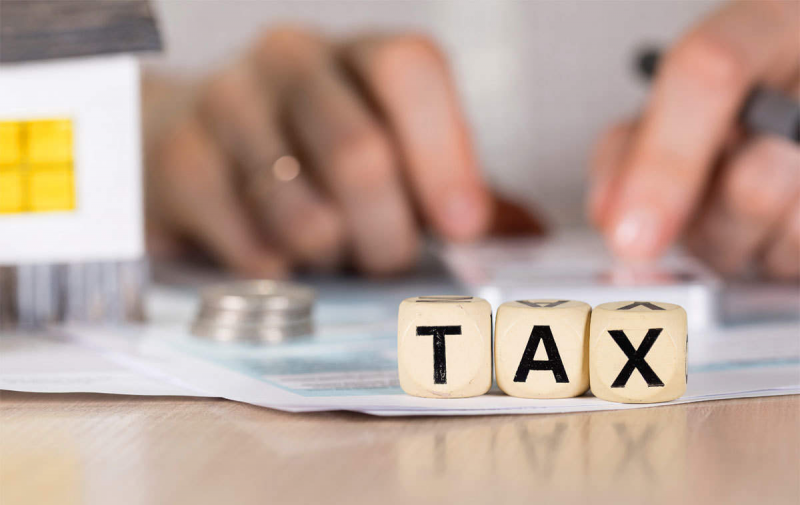India reviews requests from NRIs facing double taxation due to Covid-19 restrictions
India has asked non-resident citizens stranded in the country due to Covid-19 travel restrictions to submit relevant information if they faced double taxation.
India’s Central Board of Direct Taxes (CBDT) said it received various requests for “relaxation in determination of residential status for year April 2020 to March 2021” from NRIs or non-resident indians, who had to prolong their stay due to the movement restrictions.
In a notice on late Wednesday, the CBDT said that NRIs who faced double taxation, even after the initial relief provided by the government, would need to provide requested information for the department’s review.
India imposed one of the world’s strictest lockdowns, banning both domestic and international travel for months as the world’s most populous country after China endeavoured to stem the spread of the Covid-19 pandemic. However, the measures also left many Indians, who were visiting the country but who work abroad, stranded.
The CBDT’s latest move comes after it relaxed stipulations for the previous tax year to the end of March 2020, excluding days from the stay of foreigners’ and NRIs if they faced Covid-related travel restrictions.
Nishit Parikh, the partner, direct tax and regulatory services at Sudit K. Parekh & Co, a Mumbai-based chartered accountants firm, said that under the latest notice for the current financial year “no specific relief is being provided to residential status of individuals who are stuck in India due to the Covid-19 situation”.
This is because, under India’s tax law and double taxation agreement, there should not “be any situation under which the individual taxpayer would be under a hardship of having double taxation in two countries due to the Covid-19 situation”.
NRIs are considered a resident for tax purposes if they stay in India for 182 days or longer in a financial year. For those earning more than 1.5 million rupees ($20,607) of income from Indian sources, the maximum number of days they can stay in the country before becoming liable for taxation is just 120.
In its notice, the CBDT said those facing double taxation should complete a form issued by the income tax department and submit it by the end of March.
“Considering the limited time available to taxpayers for filling this form and providing necessary data to the government, the taxpayers will need to move really fast to collate necessary information and file the same with the government,” said Rakesh Nangia, the chairman of Nangia Andersen India, a professional services firm.
“Post analysing the data collected from individual taxpayers, the government may come up with issuing some relaxation for individual taxpayers in general or for any particular class of taxpayers, for the purpose of determining residential status of such taxpayers.”He explained that following the government’s relaxation for the last financial year and “since the lockdown and travel restrictions continued for a significant period of time during current financial year also, individual taxpayers expected a similar relief or relaxation for this financial year as well”.
Neeraj Bhagat, the founder of Neeraj Bhagat and Co, a chartered accountant, said that there is “a class of individuals who got affected” by the pandemic in the current financial year and “therefore, the government should give relief for 2020-21 as well in line with the other countries”.
“If any person got stranded in India for, let’s say 20 days due to the pandemic, and after two or three months returned again in India and stays for, let’s say 165 days, then as per the circular, his residential status will become resident in India and accordingly his income becomes taxable in India,” Mr Bhagat said.
But other experts point out that India has its reasons for not wanting to provide another general tax relaxation.
“It is pertinent to note here that the CBDT is hesitant to provide universal relief to all the taxpayers to ensure that it does not lead to double-non-taxation in the hands of taxpayers after availing the benefit of relief provided by each country,” said Harsh Bhuta, the partner at Bhuta Shah & Co.

